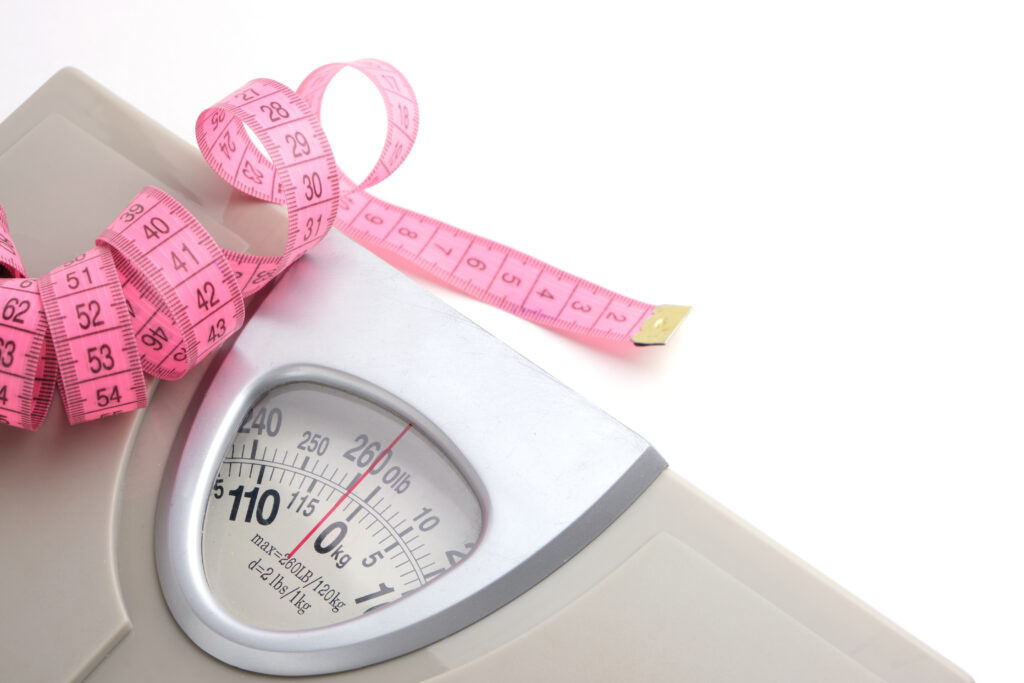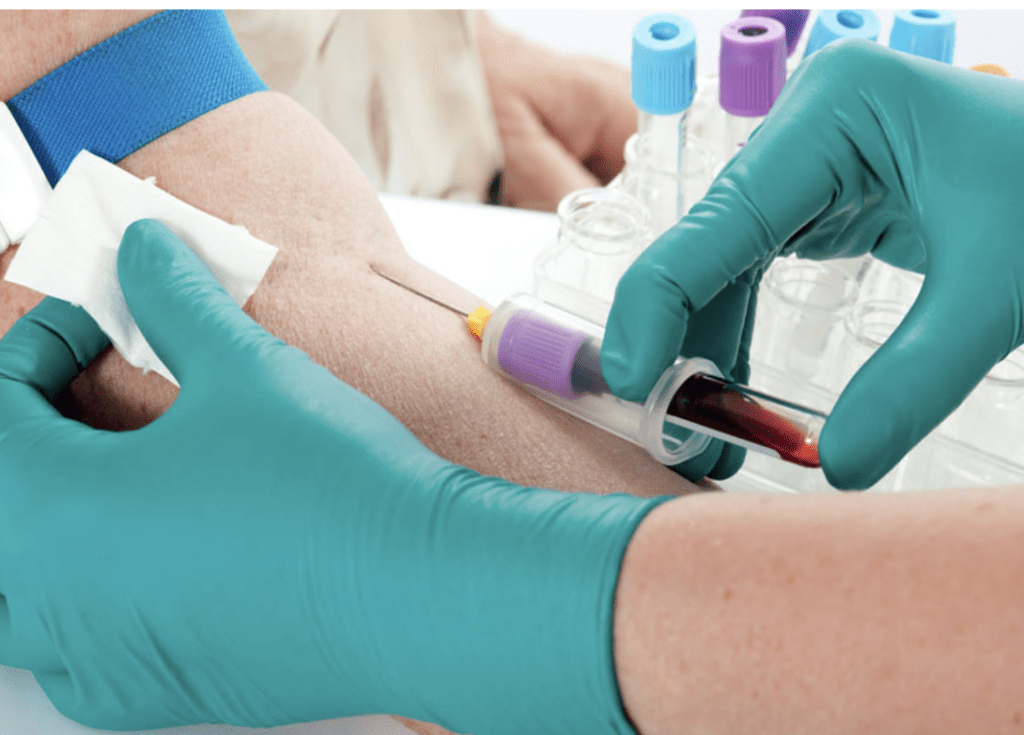We’ve all been there the frustration of eating right, exercising consistently, and stepping on the scale only to see no progress. Even worse, you may have gained weight despite your efforts. If this sounds familiar, it might be time to check in with a critical player in your body’s metabolism: your thyroid.
Over the years, we’ve worked with many clients who struggled with undiagnosed thyroid issues. An under-active thyroid doesn’t just cause weight gain—it can affect your overall well-being. You may experience fatigue, constipation, dry skin, brain fog, depression, anxiety, hair loss, and even chronic cold hands and feet. If you’ve visited the doctor, you might be familiar with the common thyroid test for TSH (thyroid-stimulating hormone). But here’s the thing: many women are told their TSH is ‘normal’ when that might not tell the whole story.
How Your Thyroid Works
The thyroid is a small gland located in your neck that produces two essential hormones: triiodothyronine (T3) and thyroxine (T4). These hormones regulate your metabolism, energy levels, and many other body functions. TSH is the hormone that tells the thyroid to produce more T3 and T4. However, testing TSH alone isn’t enough to give you the full picture of thyroid health. Here’s why:
Issue #1: Testing TSH Alone is Not Enough
Decades ago, TSH testing was considered the gold standard for diagnosing thyroid issues. However, today we know that testing only TSH can miss other hormonal imbalances that affect thyroid function. Think of your hormones as an orchestra—if one instrument is off, it affects the whole symphony. In the same way, testing TSH alone doesn’t give insight into the balance of other hormones that play a crucial role in metabolism.
Your plan: In addition to TSH, we recommend testing Free T3, Free T4, and TSF to get a more complete picture of your thyroid health. request a blood draw appointment and ensure you’re testing the right markers.
Issue #2: The Definition of ‘Normal’ TSH is Controversial
What’s considered a “normal” TSH level is highly debated. Many labs consider TSH levels up to 4-5 mU/L as normal, while traditional endocrinologists may lower that range to 2.5-3 mU/L. However, integrative doctors and holistic practitioners, like us, find that many clients feel their best when their TSH levels fall between 1.5-2 mU/L. This discrepancy is a major reason why many people with thyroid problems go undiagnosed.
Issue #3: Poor Conversion of T4 to T3
Even if your TSH levels are normal, you can still have thyroid-related symptoms if your body isn’t properly converting T4 (thyroxine) into T3 (triiodothyronine). T4 is produced in larger quantities, but T3 is the active form that your body needs to regulate metabolism. If T4 isn’t converting efficiently into T3, you may struggle with weight loss and low energy—despite having “normal” lab results.
Optimal levels for T3 are greater than 3.2 mU/L, and for T4, they should be greater than 1.1 mU/L.
What You Can Do About It
If your thyroid is causing your weight loss plateau, there are steps you can take to address the imbalance and optimize your health.
- Get comprehensive thyroid testing: Don’t settle for just a TSH test. Make sure you’re getting a full thyroid panel, including Free T3, Free T4, and other markers to get an accurate picture of your thyroid function. schedule your blood draw.
Consider a wellness assessment: We offer virtual wellness visits where we can review your lab work, identify other factors influencing your weight loss, and create a tailored plan to help you meet your goals. Whether it’s thyroid support, lifestyle adjustments, or nutritional interventions, we’ll find a solution that works for you. book a consultation.







